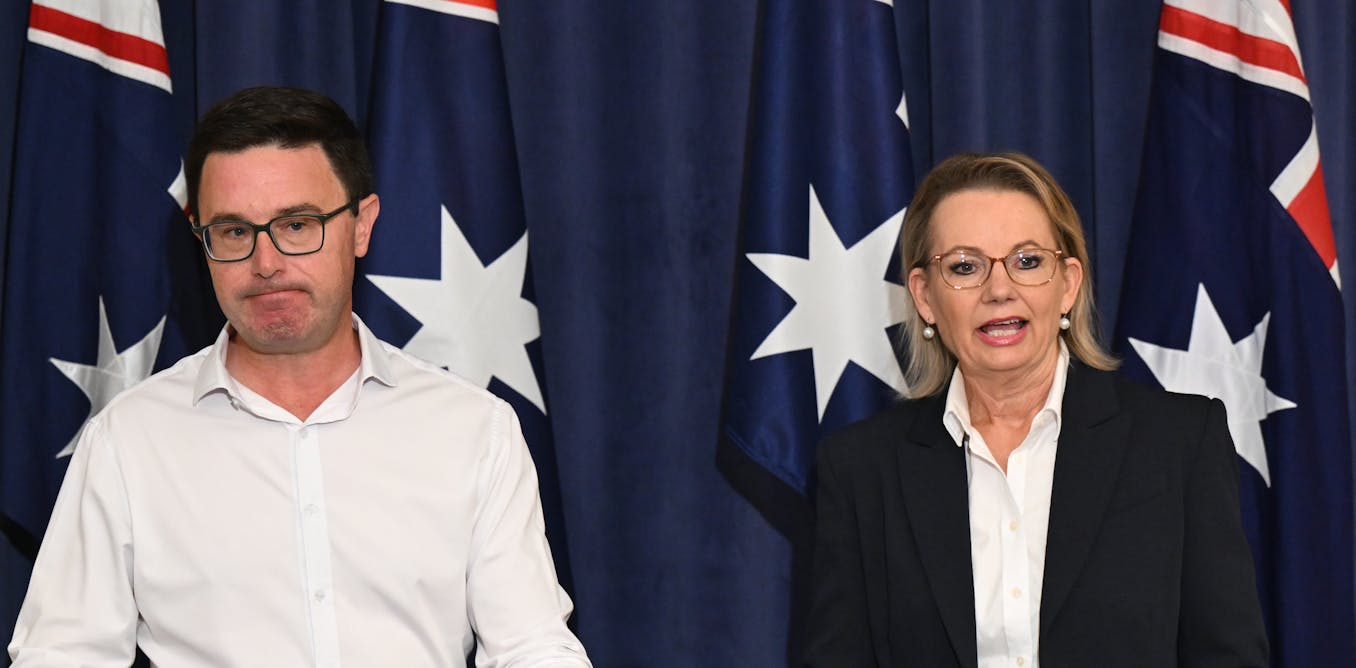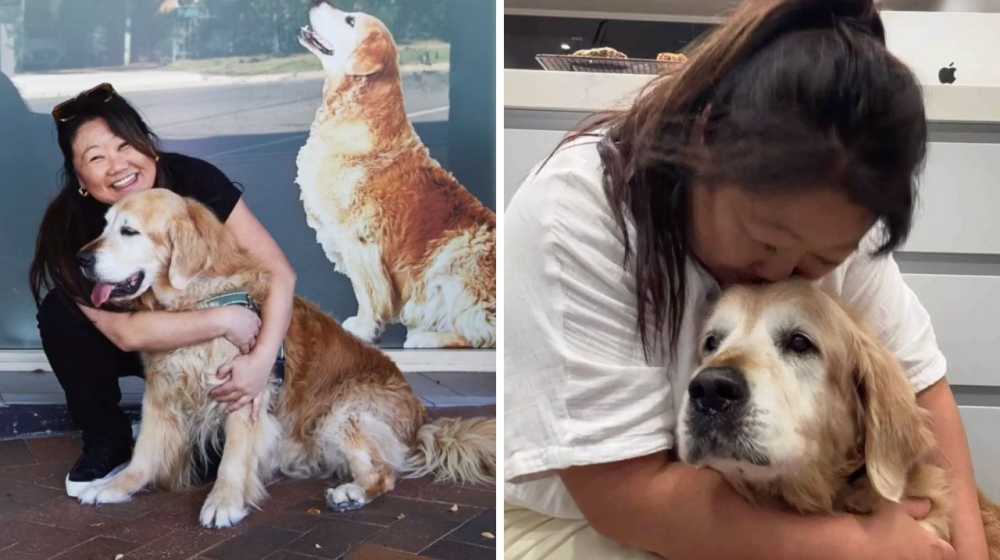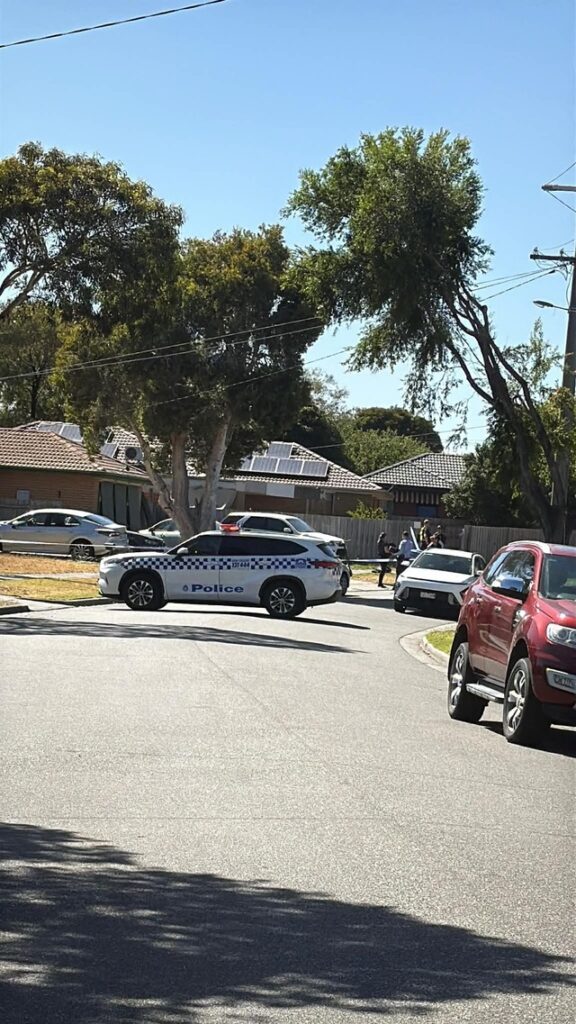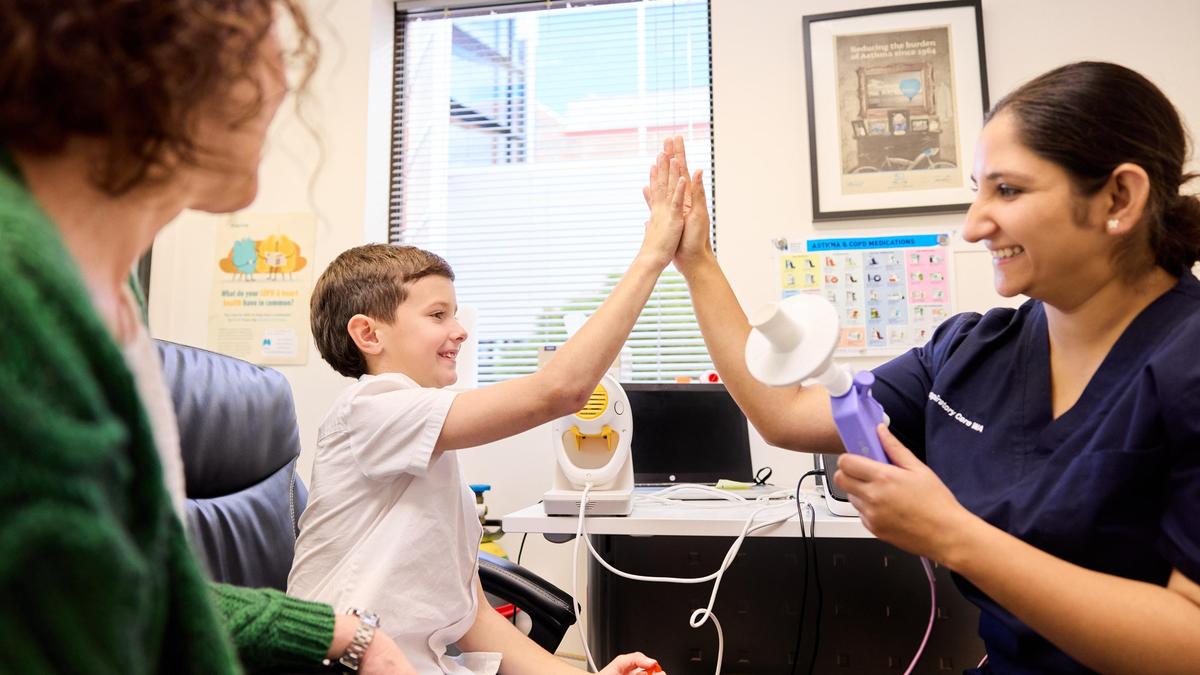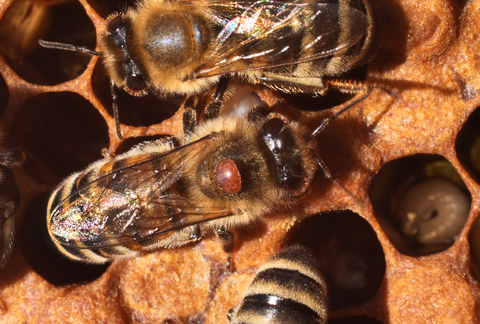
UPDATE: South Australia has swiftly removed all bee hives connected to the state’s first confirmed detection of the varroa mite. This urgent action aims to protect the vital apiary industry as the surveillance for this invasive pest continues.
The detection occurred in a managed hive at Pooginook, located in the Riverland, as part of ongoing monitoring efforts initiated after varroa was first identified in New South Wales in 2022. In response, the South Australian government has mobilized its resources to prevent the spread of this destructive mite.
Minister for Primary Industries and Regional Development, Clare Scriven, emphasized the critical nature of this development. “We know varroa mite poses a significant challenge for our beekeepers, growers, and pollination services. That is why the Malinauskas Government has acted swiftly,” Scriven stated in a recent release.
To contain the situation, hives located on the affected orchard were treated with acaricides, and sticky mats were deployed to capture any remaining varroa mites. The hives, sourced from Queensland and Western Australia, have been completely removed from the state. Additionally, the Department of Primary Industries and Regions (PIRSA) has installed catch boxes across the orchard to capture any potential swarms.
Currently, beekeepers within a 25-kilometre surveillance buffer around the detection site are under active monitoring. While no further varroa mites have been visually observed, samples have been sent to the South Australian Research and Development Institute (SARDI) for further testing.
A community meeting is scheduled for 18 September 2025 in Loxton to provide local beekeepers and growers with the latest updates on the situation. Beekeepers within the surveillance area are strongly encouraged to register for this meeting and stay informed through PIRSA’s communications.
The state is also urging all beekeepers to ensure they are registered with PIRSA to receive critical biosecurity updates. They can utilize a new heat map tool to track positive and negative detections of varroa across the state, helping them monitor their own hives effectively.
In the face of this potential crisis, the economic stakes are high. Pollination-dependent industries like almonds, apples, cherries, and blueberries contribute approximately $1.7 billion to South Australia’s economy. Thus, effective management of the varroa mite is essential for maintaining business continuity in agriculture.
PIRSA is collaborating with the South Australian Varroa Industry Advisory Committee (SAVIAC) and local beekeepers to ensure that all measures are in place to slow the spread of the mite and protect the industry.
Beekeepers are reminded to conduct regular inspections of their hives and report any suspected detections immediately to PIRSA via the Exotic Plant Pest Hotline at 1800 084 881. Resources and guidance on hive monitoring are available at www.pir.sa.gov.au/varroa.
As this situation develops, the cooperation of beekeepers will be vital in controlling the impact of varroa. Scriven urged, “Beekeepers are the frontline in managing this pest, and their engagement with PIRSA is absolutely vital.”
Stay tuned for further updates as South Australia continues its fight against the varroa mite threat, a challenge that underscores the importance of vigilance in protecting our agricultural future.

